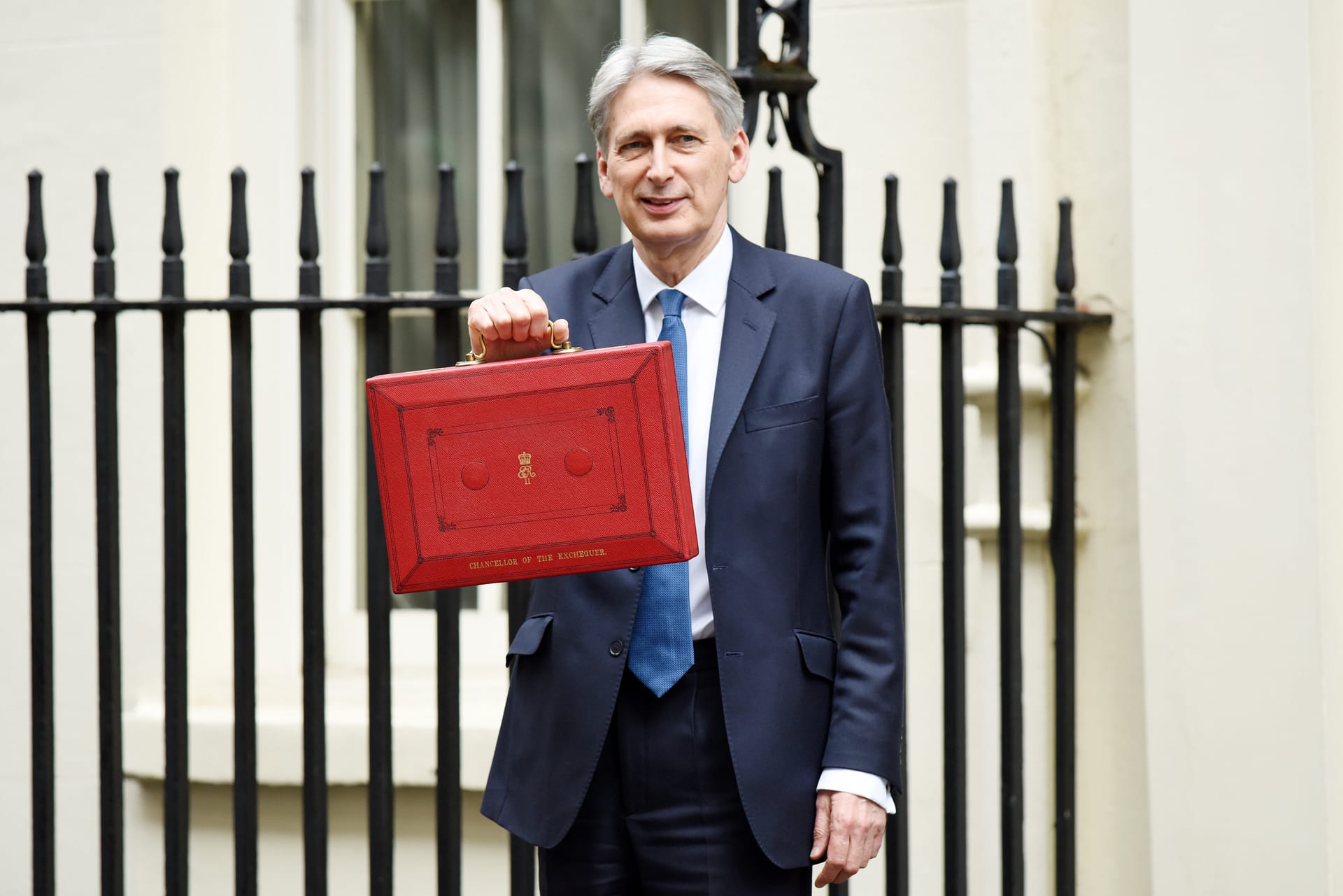Unemployment has fallen to 3.5%, according to figures from the Office for National Statistics.
Vacancies numbers dropped for third consecutive quarter but still at record levels.
The value of regular pay fell by 2.9% when taking inflation into account
Danni Hewson, AJ Bell financial analyst, comments on the latest UK jobs figures: “February 1974 was the last time unemployment was as low as it is right now, but then that was also a time when inflation hit uncomfortably high levels that we can only hope stay as notes in the history books. People are already finding it incredibly difficult to make their pay checks stretch as far as they need to and with each pay day it feels like there’s more month at the end of the money.
“Wages are going up; the tight labour market has made it impossible for employers to do anything but pay more. But the 5.4% growth in regular pay has been swallowed up by the gaping cavern of price rises and in real terms people are facing a pay cut of almost 3 percent.
“And the gap between the public and private sector is widening, a factor which is likely to have contributed to the staffing ‘crisis’ in adult social care which has been highlighted in a separate report from the charity Skills for Care today.
“But there are signs that the buoyant labour market has reached its zenith with the number of vacancies falling for three consecutive quarters. Though the post-covid boom means vacancies are still at record numbers and the number of employed people per vacancy stands at an incredible low of 0.9, the slowing economy and squeeze on margins is expected to take its toll on hiring plans.
“And despite the fanfare of record unemployment there’s also another statistic that needs attention. The economic inactivity rate jumped to over 21.7% in the three months to August with the ONS saying the number of those reporting long term sickness has reached a record high. Anecdotally long covid is packing a punch, an unwanted and unforeseen lingering effect of the pandemic.
“What does the jobs picture mean for growth and for the big economic announcements due to be made over the coming weeks? It means inflation is still front and centre and the Bank of England has little room to manoeuvre. Bring high prices under control and wages will stretch further but doing that is also likely to slow the very growth the government has set its sights on. The government continues to face a sizeable conundrum that affects us all.”





Leave a Comment